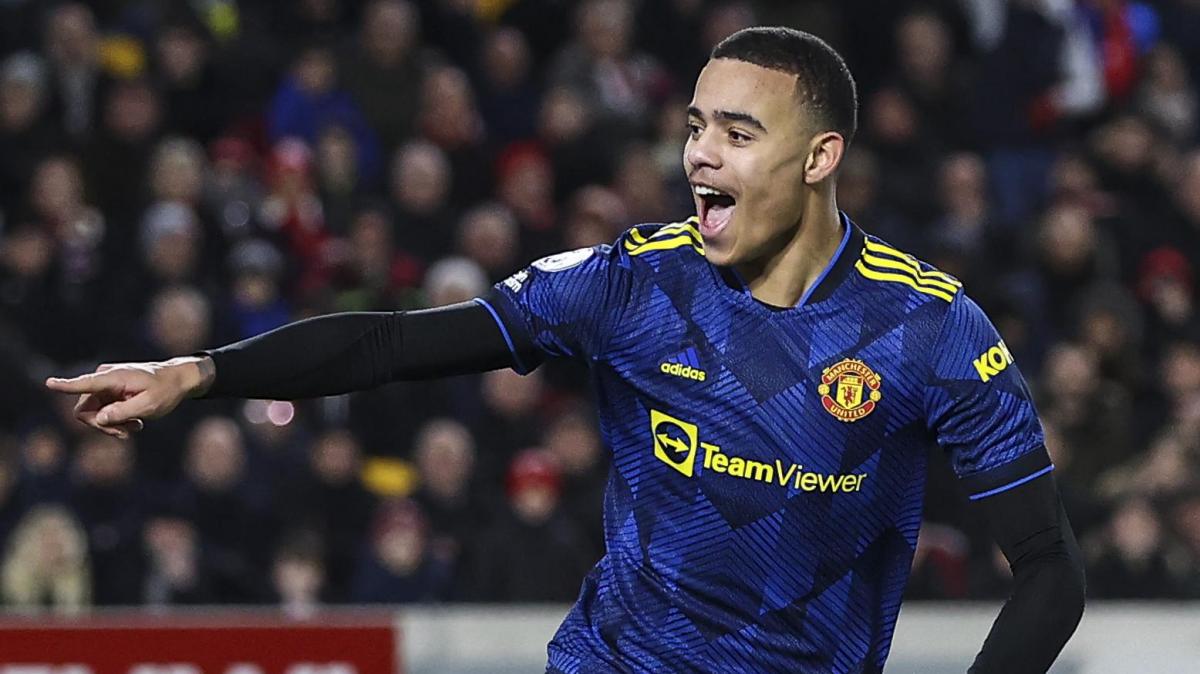- cross-posted to:
- reddevils@lemmy.world
- cross-posted to:
- reddevils@lemmy.world
cross-posted from: https://lemmy.world/post/3026362
Article text:
Apart from writing about sport for a living, I have undertaken training for several years as a psychotherapist. As part of the learning, I hope to start work soon among prisoners in a London jail. At least one relative insists that there must be people in distress much more deserving of my time but I have argued that these future clients, locked away and easily forgotten in a creaking system, cannot all be written off as hopeless cases. I believe in second chances and, above all, the human potential for change. And if you are wondering the point of this in a sports column, it is that the boss thought I should tackle the thorniest subject of all — no, not if Harry Kane is better off at Bayern Munich — but Mason Greenwood. Do we write him off? Hound him out of the game? Hope for the rehabilitation of his reputation?
I cannot promise you a simple, clean answer because it is conflicted and horribly difficult and there are many valid, polarised opinions — and Greenwood has not been found guilty of anything. If therapy teaches us one thing, it is that life and people come with secrets, shadows, complexities, contradictions — and which of us, truly, knows Greenwood or all the facts fully enough to make a wise, comprehensive judgment? But Manchester United have to make a decision imminently as his employers and the challenge for them is to prove that they looked beyond just the obvious financial imperatives. Nike did not dawdle long on the dilemmas. A brand not renowned as sound ethical arbiters (see Lance Armstrong, Alberto Salazar etc) ditched the United striker even though charges of attempted rape, controlling and coercive behaviour and assault occasioning actual bodily harm were dropped by the Crown Prosecution Service (CPS) in February. The CPS said there was “no longer a realistic prospect of conviction” after key witnesses withdrew their co-operation but the company still did not want the forward in their boots. How nice for them to have that certainty about what is good for business. Most people I have spoken to about Greenwood — men, women, United fans and otherwise — are far more conflicted even if they are also very troubled. They have heard tapes, perhaps seen some images on social media, made presumptions on snippets of unverified audio that linger. Alarming, distressing — enough to make any of us fret deeply about the right outcome — but never tested in court.
I know sensible United fans who hope never to cheer Greenwood in a red shirt again — and also those who insist that a jury has not judged him and nor should we. Keeping the decision hanging for months suggests their club want to keep options open for as long as possible. In trying to predict the outcome, history has taught us to be cynical; that the game, being a business, will always prize the economic value of great talent above all other considerations. Perhaps in another walk of life, Greenwood might already have been dismissed. As employment lawyers have explained ever since the forward was suspended 19 months ago, a criminal burden of proof is different from an allegation of, say, bringing a company into disrepute. Were he a kit man or cleaner, he would be much lower-profile but might also have seemed dispensable to any club. Playing assets, of course, are different. No one is expecting Gareth Southgate to attempt to bring Greenwood back into representative, international football with England — the player was even seen training in Jamaica kit recently and could switch allegiances — but there have already been reports of plenty of club offers and opportunities. Erik ten Hag, the United manager, has made his views clear internally and they may be pragmatic; that if a 21-year-old forward who has scored 35 goals in 129 appearances is allowed to resume his career, why should it not be at the club who have him contracted for another two years? The final decision involves Richard Arnold, the chief executive, and the owners. United as an institution are not one you would trust over recent years to get much right, a commercial machine with a football club attached. They will have heard from worried sponsors, alarmed fans and, indeed, members of the United women’s team, who, according to a report in this paper, have harboured concerns about Greenwood returning to the training ground. United’s global stature loads on more scrutiny but no one thinks the forward, as a free man, will not be scoring goals again for somebody soon enough. This week he was seen working out in a park in Manchester. United are reportedly receiving his training data. So what next? A loan deal is regarded by many as the likely outcome; protect the asset, see how he returns to the game and if he is still potentially a £100 million finisher. Sending him elsewhere buys time, allowing the toxicity to diminish a little. I hear the reasons, but is that not a fudge? If Greenwood is to be brought back, is that process not better done among people who know him? Given the sensitivity and magnitude of allegations, would you not want to see exactly how he behaves not just on the pitch but daily around staff and colleagues? Greenwood has been associated with United since he was six when he was picked out by an academy coach as a prodigy. He has recently become a father — boy and man at the club — so they know him better than anyone and whether he has properly faced up to such alarming allegations. Taking responsibility for himself would be a necessary first step back. The therapist in me cares a lot more about that than the football writer wonders how many goals he might yet score for any team.



He should simply get in the bin.
There should be no opportunity for him to be any sort of role model for kids any more.